Last week Scapi Magazine had the chance to sit down with Mayoral Candidate Lori Lightfoot, the conversation centered around a few topics with her intentions as mayor of the city of Chicago, but right away Lightfoot wanted to make clear that she hopes to do work that is representative of the people of this city.
“What I envision is a city that where we come together, a new progressive vision of governance in Chicago where equity and inclusion are really our north stars” Lightfoot said. “A vision where we invite people into a discussion on the front end as welcome partners in the conversation.”
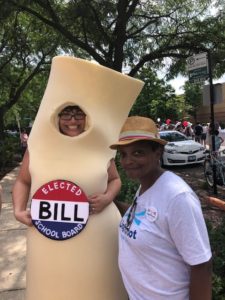 Bridging the gap between elected officials and the constituents they’re supposed to represent regarding the issues that affect them directly is crucial to the way Lightfoot intends to work as mayor.
Bridging the gap between elected officials and the constituents they’re supposed to represent regarding the issues that affect them directly is crucial to the way Lightfoot intends to work as mayor.
“Whether it’s choices that have to be made about education funding, schools that are going to be open, how we resource issues related to policing in Chicago, concerns about the regressive taxes that we have in a city that fall too heavily on low and middle class individuals and families, these are all things that affect people’s lives,” Lightfoot said.
For Lightfoot, this is a significant change in the way that the current administration operates. She knows this firsthand as Chair of Chicago’s Police Accountability Task Force.
“We need to govern from the perspective of inviting people whose lived experience are going to be affected by policies into the discussion,” Lightfoot said. “And that’s not happening now.”
Throughout the interview, Lightfoot made clear that her decision to get involved in this race has to do with her feeling, like many Chicagoans, that the current administration isn’t doing right by its citizens.
“I would be considerably different than the current administration,” Lightfoot said. “There’s nothing progressive about the way this administration engages with citizens. There’s nothing progressive about the way in which this administration governs. Nothing progressive about the way in which it invests.”
Lightfoot also made clear that a “progressive vision” is not just meant as buzzword talking points, what progressive means to her, considering the stratification of citizens in the city, is clear in her approach to the governance of Chicago.
 “The problem we face I think right now as a city is if the opportunities are so limited and are really only available to a small chosen few,” Lightfoot said. “And that is a reality and a perception that I think drives a lot of the narrative and people’s disaffection with government. I think we live in a time again both nationally and certainly here in Chicago where people are very cynical and skeptical about whether or not government has anything meaningful to contribute to their day to day existence their day to day grind.”
“The problem we face I think right now as a city is if the opportunities are so limited and are really only available to a small chosen few,” Lightfoot said. “And that is a reality and a perception that I think drives a lot of the narrative and people’s disaffection with government. I think we live in a time again both nationally and certainly here in Chicago where people are very cynical and skeptical about whether or not government has anything meaningful to contribute to their day to day existence their day to day grind.”
“We can’t govern from the top down,” Lightfoot said. “That doesn’t work. It’s failing. That’s the status quo which we have to reject and we have to move in a very different direction. That’s why I say I offer a new progressive vision and course for the city that starts and ends with equity and inclusion.”
All of this centers around what Lightfoot perceives as the role of government.
“Government can’t be the answer for everything but certainly government can be a catalyst for change,” Lightfoot said. “A mayor can be a convener of people of like mind who want to get to the same end.”
This is the first in a three-part series of articles from our interview with Lori Lightfoot for Scapi Radio, which you can hear here. You can also find out more about her mayoral campaign here.

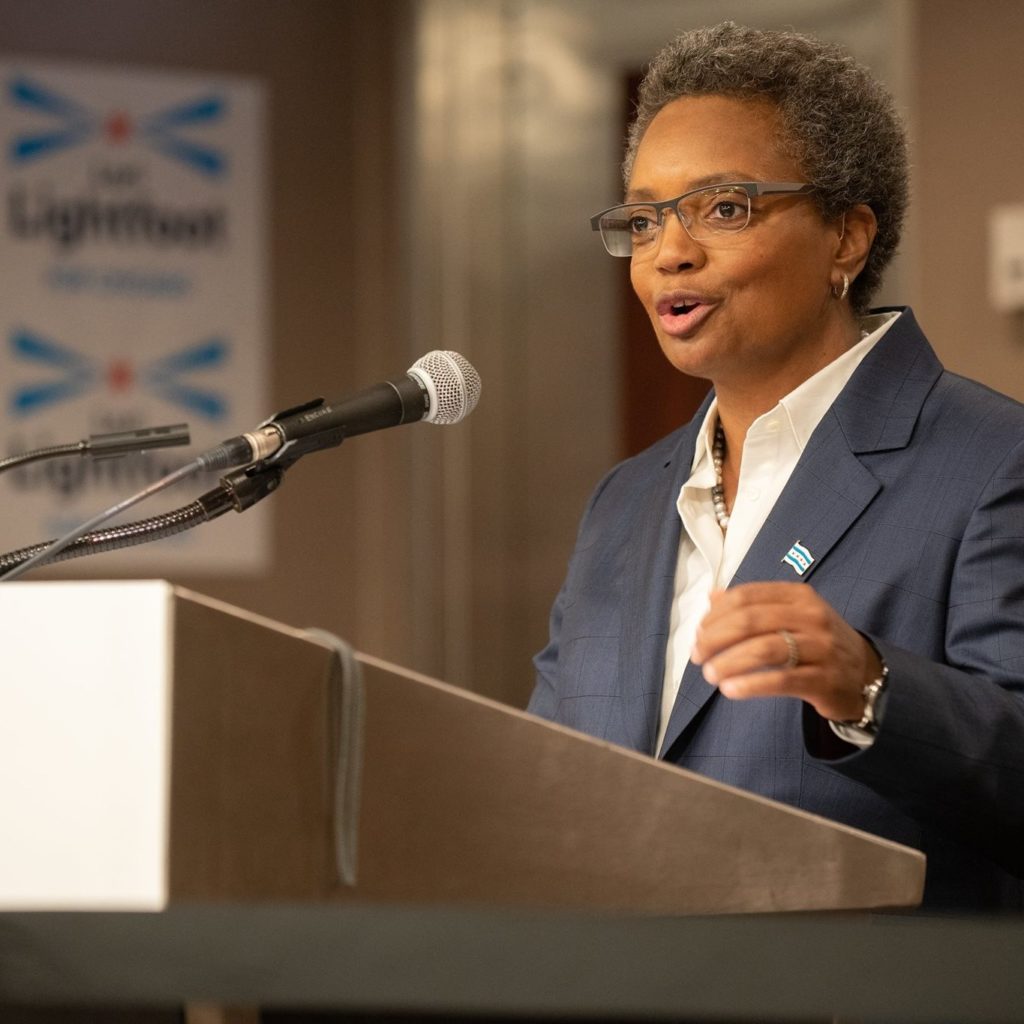





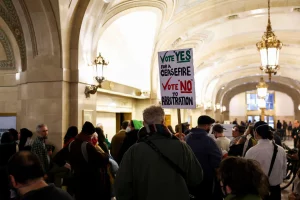
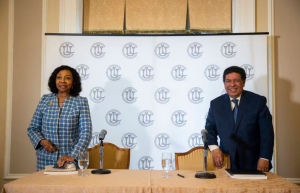
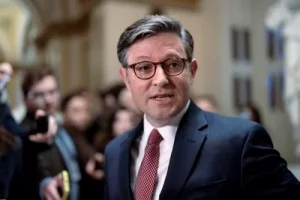


Be First to Comment